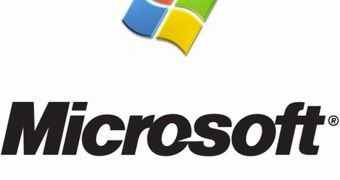I myself confess that videogames got me interested in history and geopolitics. Old classics like Age of Empire and Colonization made me very interested in the era they take place and in the mechanisms of the worldwide political systems.
Microsoft Research, together with the New York University and a consortium of other education oriented institutions, have recognized the impact videogames have when it comes to teaching and formed a partnership aimed at creating a Games for Learning Institute (G4LI), which is supposed to create games that can be used in fields like Math and Science. The whole effort is aimed at middle school students.
Microsoft Research is set to funnel 1.5 million dollars to the new institute while the New York University will watch every penny that Microsoft puts in. Science, Technology, Engineering and Mathematics will be especially targeted, even as more and more reports suggest that students in the United States are less interested in them and perform worse in standardized testing.
John Nordlinger, who is the senior research manager for Microsoft Research’s gaming efforts, stated that “While educational games are commonplace, little is known about how, why or even if they are effective. Microsoft Research, together with NYU and the consortium of academic partners, will address these questions from a multidisciplinary angle, exploring what makes certain games compelling and playable and what elements make them effective, providing critically important information to researchers, game developers and educators to support a new era of using games for educational purposes”.
Education through gaming has always been an interesting idea, but so far little real progress has been made, mainly because most videogames are not using technology that is complex enough to simulate real physics and real engineering rules. As hardware becomes more powerful, videogames could be used to create realistic virtual scenarios which can demonstrate laws and present experiments.

 14 DAY TRIAL //
14 DAY TRIAL //